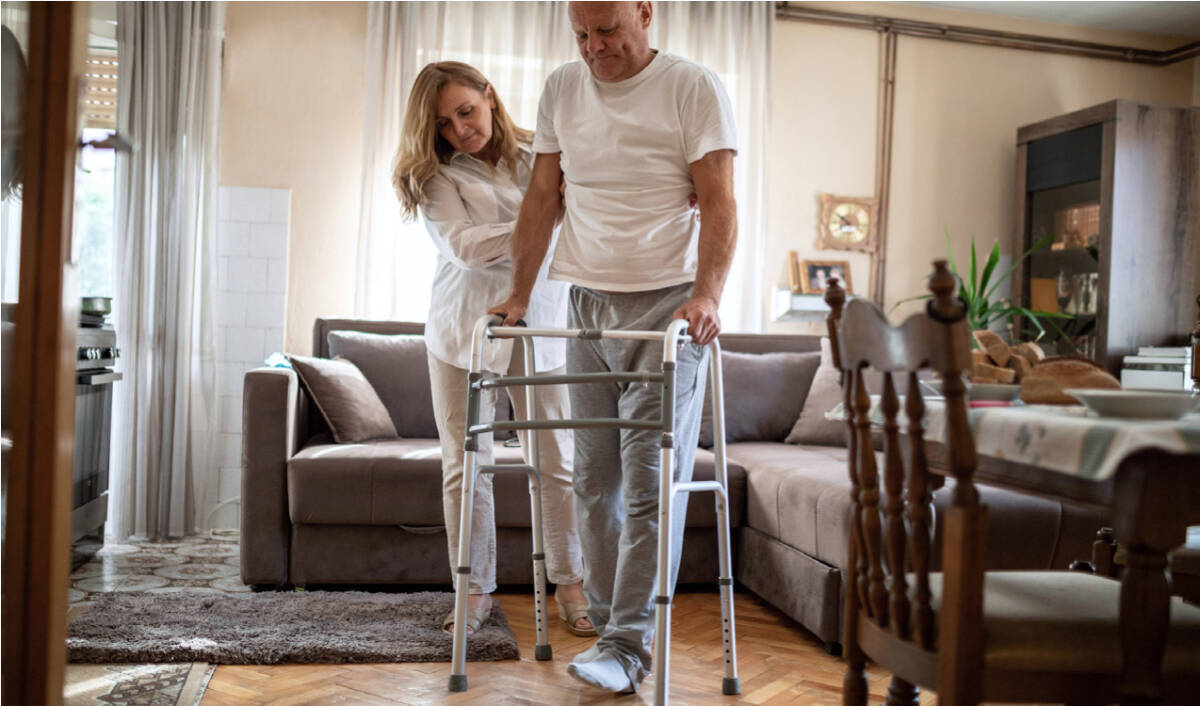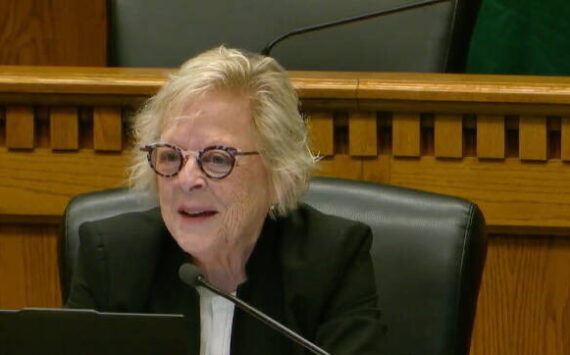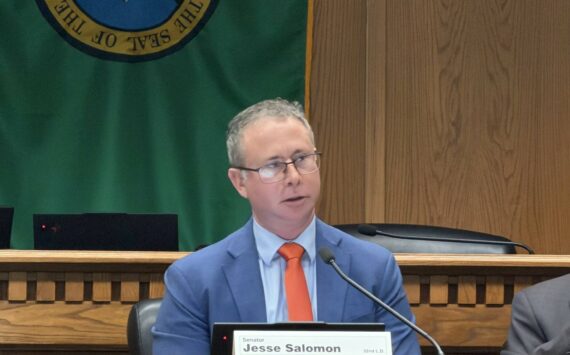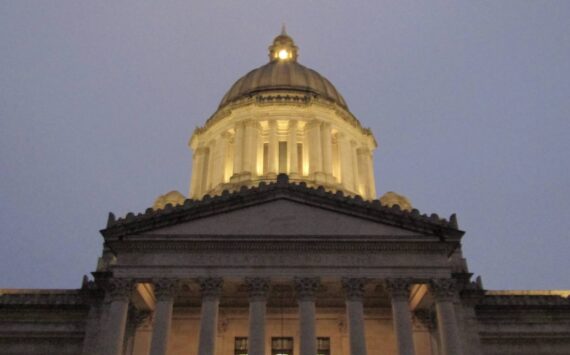Roughly half of the more than 1.3 million family caregivers in Washington have been set back financially due to their responsibilities.
That’s one of the sobering findings in a new survey of caregivers released by AARP this week.
One-third of caregivers in the state report living in a household with income under $50,000, according to the report. But among all income levels, many have stopped saving or used up their savings, left bills unpaid, borrowed money and taken on more debt, and put off retirement. Nearly one in five family caregivers reported being unable to afford basic expenses.
And one-third find it difficult to get affordable local services, like meals delivered, in-home health care or transportation. Over half work while also caregiving.
Most family caregivers nationally go unpaid. Still, Washington lags the national average in paid caregivers, at 14%, compared to 18% across the country.
About 22% of Washington adults care for a family member, just below the national average of 24%. Mississippi leads the country at 34%. Almost all take care of a parent, but about a third also care for a child with complex medical needs.
“We’re talking about 1.3 million Washingtonians who are family caregivers, that’s a pretty large number, and it only indicates how large the challenges are around caregiving,” said Marguerite Ro, the state director for AARP Washington. “So, frankly, we’re not prepared at a state, county, city level for meeting the challenges with an aging population.”
And Washington expects to see a dramatic increase in the age 65 and older population over the next 25 years. In 2020, about 16% of the state’s population was at least 65. That’s projected to rise to 23% by 2050, with the fastest growth expected this decade as Baby Boomers age, according to state projections.
The growth in Washingtonians aged 85 and over is forecast to be even more steep, nearly quadrupling from 2020 to 2050 with 16,200 people aging into this bracket every year from 2035 to 2050, according to the state.
The AARP’s survey of 132 caregivers in Washington has an 11% margin of error. The national organization released similar reports for states across the country.
On average, these caregivers in Washington are 52 years old and caring for someone who is 67.
Most help with daily tasks, like grocery shopping, preparing meals and transportation. One in five reported spending at least 40 hours per week providing care.
Only about a quarter of those surveyed reported that a health care provider had asked them if their family member needs more care, and only one in ten have been asked about care needed for themselves. Most receive paid or unpaid help, but still nearly 40% are going it alone.
Nearly two in 10 caregivers reported experiencing seven or more days of poor physical health per month. Over one-third experience high emotional stress while caregiving. One in six find it difficult to take care of their own health.
“Despite the fact that we do have a lot of tools and resources, we don’t have enough out there to help people along that journey,” Ro said.
Next week, voters across Washington will decide whether to invest tax dollars collected for the state’s new long-term care program, known as WA Cares, in the stock market. AARP supports Senate Joint Resolution 8201, which also has Gov. Bob Ferguson’s backing.
WA Cares is set to launch next July to help residents afford long-term care.
Ro hopes this will relieve pressure on unpaid family caregivers.
“It was not meant as the solution, but it is a critical first step,” she said.
AARP ranked Washington’s long-term care system second in the nation in 2023, largely due to its focus on funding for home- and community-based services, which include home health care aides, respite services and home modifications.
Washington State Standard is part of States Newsroom, a nonprofit news network supported by grants and a coalition of donors as a 501c(3) public charity. Washington State Standard maintains editorial independence. Contact Editor Bill Lucia for questions: info@washingtonstatestandard.com. Follow Washington State Standard on Facebook and Twitter.





